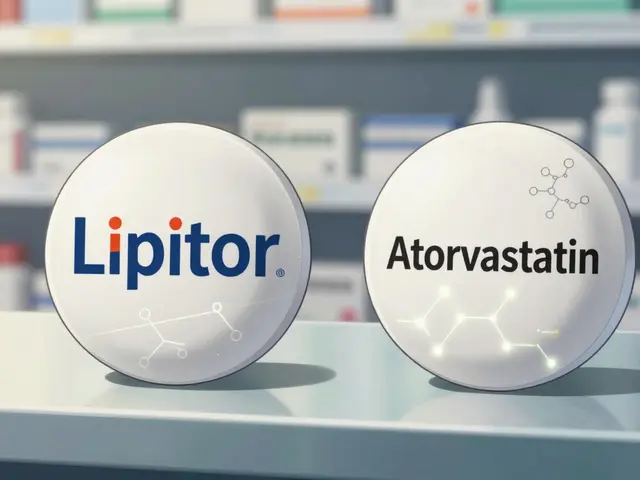Nutrition: Practical Supplements, Gut Health, and Safe Choices
Want nutrition advice that actually helps, without the fluff? This tag collects straightforward guides on supplements, natural remedies, gut health, and diet tweaks that matter. You’ll find posts on new supplements like Rhatany and Avens, practical tips for choosing pills online, and diet-focused guides for conditions like ulcerative colitis and skin irritation.
How to pick supplements without getting scammed
Start with the label. Look for dose per serving, active ingredients, and a batch number. Prefer brands with third-party testing (USP, NSF, or ConsumerLab). If a product promises a miracle cure or a dramatic, fast result, that’s a red flag.
Check interactions. Supplements can change how prescription meds work. For example, some herbal products affect blood thinners or thyroid drugs—so ask your pharmacist before adding anything new. If you’re buying online, read seller reviews and confirm they require a prescription when one’s needed. Our posts about Rhatany and peptides cover safety checks and trusted sources in more detail.
Start small and track effects. Try one supplement at a time for a few weeks so you can notice benefits and side effects. Keep a note of changes in sleep, digestion, mood, or skin. If you feel worse, stop and check with a clinician.
Diet tweaks that help now — and when to see a pro
Simple food moves often beat expensive supplements. For gut comfort, add fiber slowly and choose varied sources: oats, beans, and veggies. If you’re dealing with ulcerative colitis, short-term changes like avoiding high-FODMAP foods during flares and using a registered dietitian’s plan can reduce symptoms. Our ulcerative colitis and long-term impact posts explain realistic steps people use alongside medical care.
For skin irritation, ditch harsh scrubs and use gentle, fragrance-free cleansers. Some topical or dietary changes (like reducing known food triggers) help certain people. The skincare routine article gives a clear daily plan that calms irritated skin without buying dozens of products.
Watch thyroid and hormone links. Nutrition affects hormones—iodine and selenium matter for thyroid support, but supplements aren’t a substitute for prescribed thyroid meds. If you’re considering alternatives to Synthroid or other thyroid options, talk to your doctor before switching anything.
Want to read more? Check posts tagged here like “Why Rhatany is the Next Big Thing,” “Transform Your Health with Avens,” and “Natural Remedies for Ulcerative Colitis.” If you’re unsure about a supplement, medication interaction, or safe online buying, ask your healthcare provider or use our pharmacy safety guides first. Small, sensible moves add up faster than chasing trends.
In my research on ADHD, I've found that nutrition plays a surprising role in managing its symptoms. Certain foods, like those rich in protein, can help improve focus, while others, such as sugary or processed foods, can exacerbate impulsivity and hyperactivity. It's not a cure-all, but mindful eating can certainly complement traditional treatments and therapies. Additionally, omega-3 fatty acids and vitamins are essential for brain health and can aid in managing ADHD symptoms. It's a fascinating connection and one that emphasizes the importance of a balanced diet in overall health.
Read more





